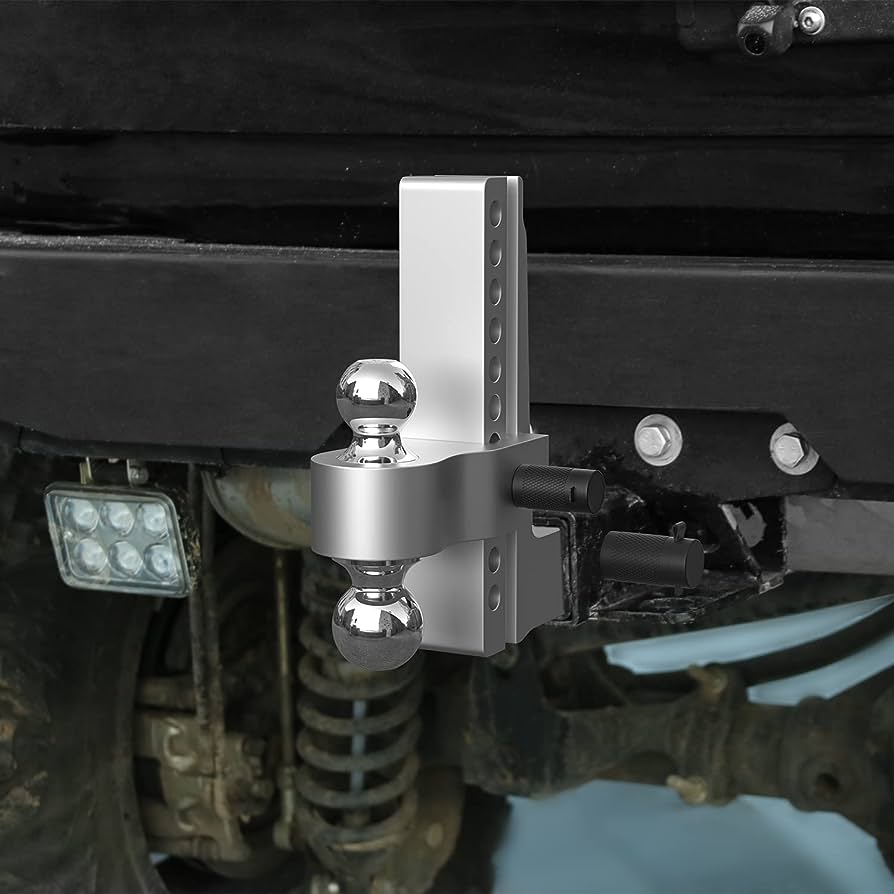When you’re trying to pick the right hitch for your vehicle, you might wonder, Should I go for steel or aluminum? It’s a common question, and we’re here to make it simple. Hitches are the ones that link your vehicle to trailers, campers, and more, ensuring everything stays safe and secure while you’re on the road. But which is better, a steel hitch or an aluminum one? Steel hitches are like tough workhorses.
They’re super strong and can handle heavy loads, known for their durability. Aluminum hitches are lightweight and don’t rust, making them great for fuel savings and avoiding corrosion.
Here, we’ll easily compare steel and aluminum hitches. We’ll discuss their strengths, weaknesses, and what to think about when you’re making your choice. So, let’s find out which hitch suits you best!
What is Hitch?
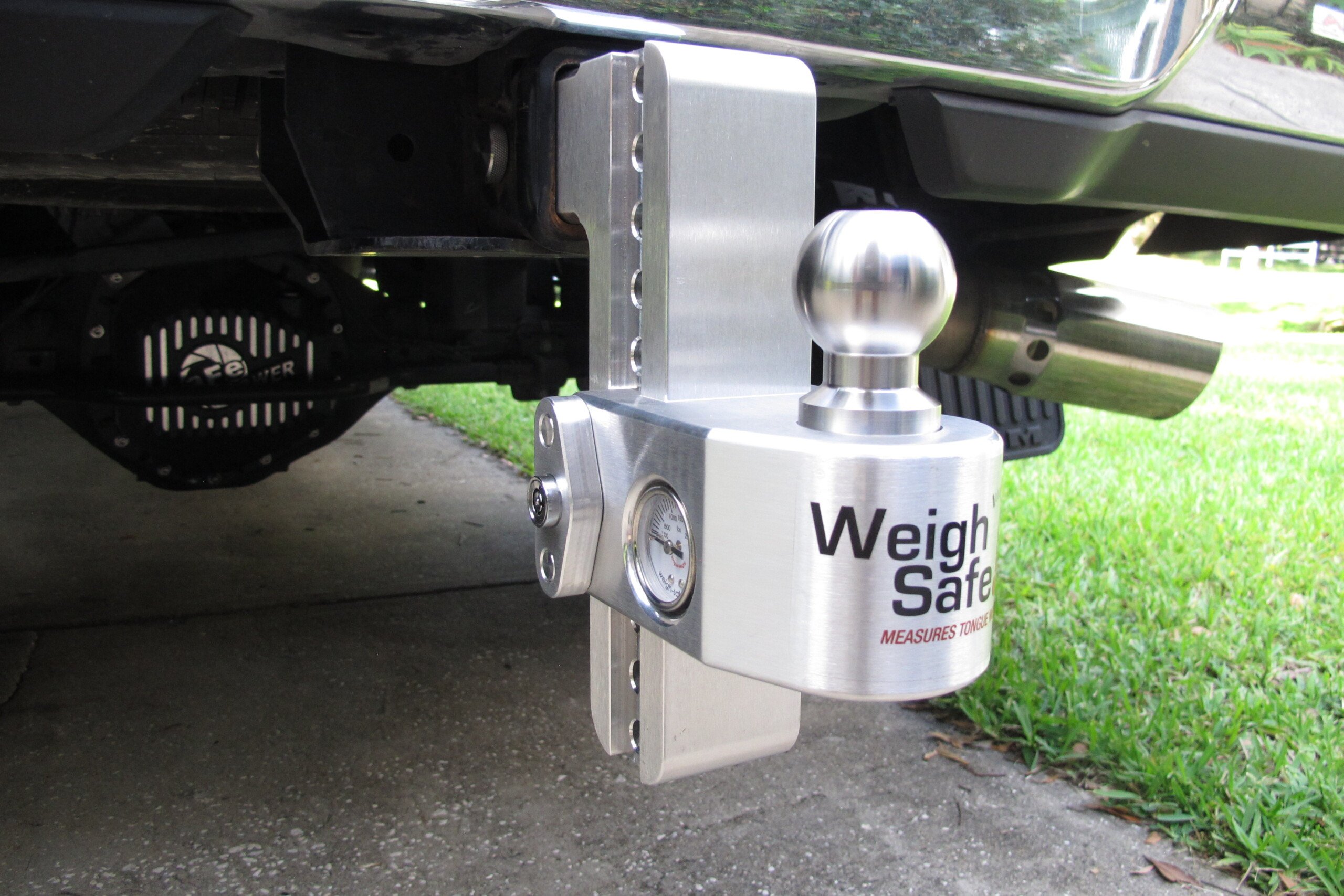
A hitch is like a link that lets a vehicle pull heavy stuff like trailers, campers, and boats safely. It connects the vehicle and the trailer so they can move together. There are different types of hitches for different towing jobs, such as receiver hitches, gooseneck hitches, and fifth-wheel hitches. And we know that Andersen hitch failure for vehicles.
What is an Aluminum Hitch?
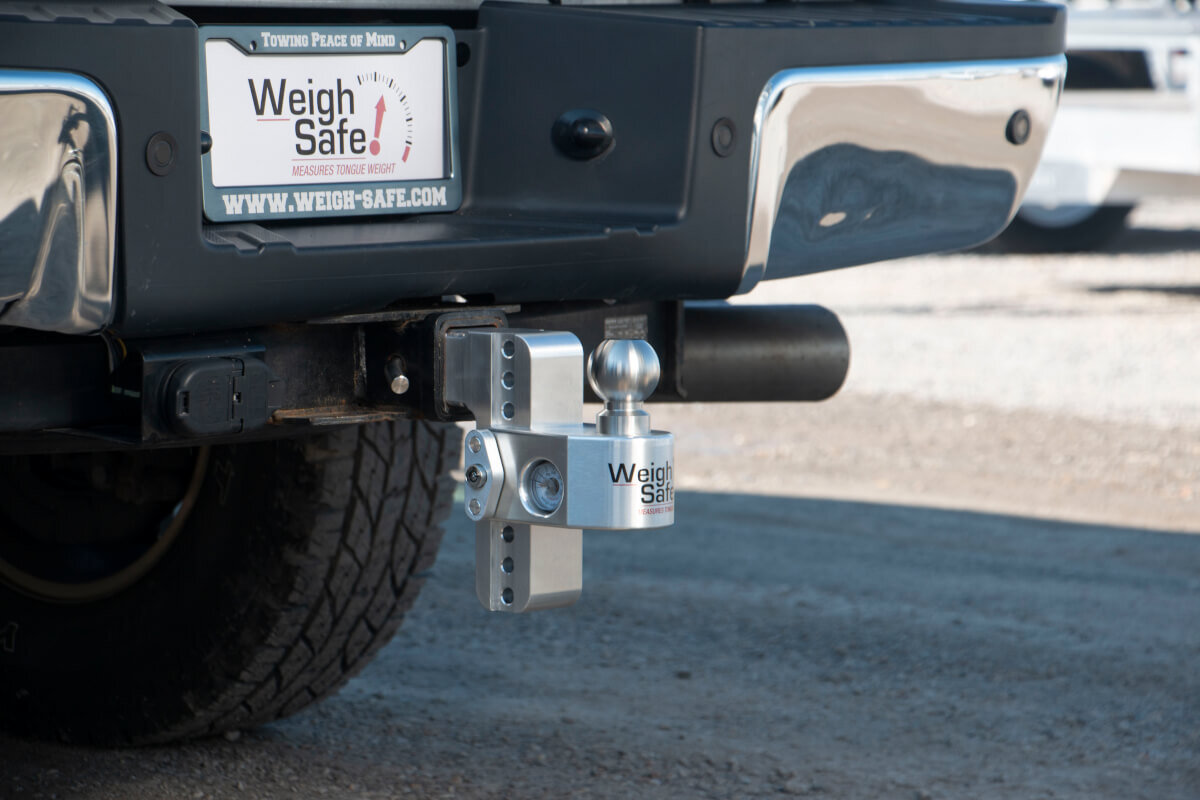
An aluminum hitch is a special kind of hitch made from aluminum alloy, not the usual steel. These aluminum hitches have become more popular lately because they have some special benefits. They are famous for being very light, not rusting easily, and lasting a long time. Aluminum hitches are much lighter than steel ones, making them easier to carry and put on.
How to Maintain Aluminum Hitch?
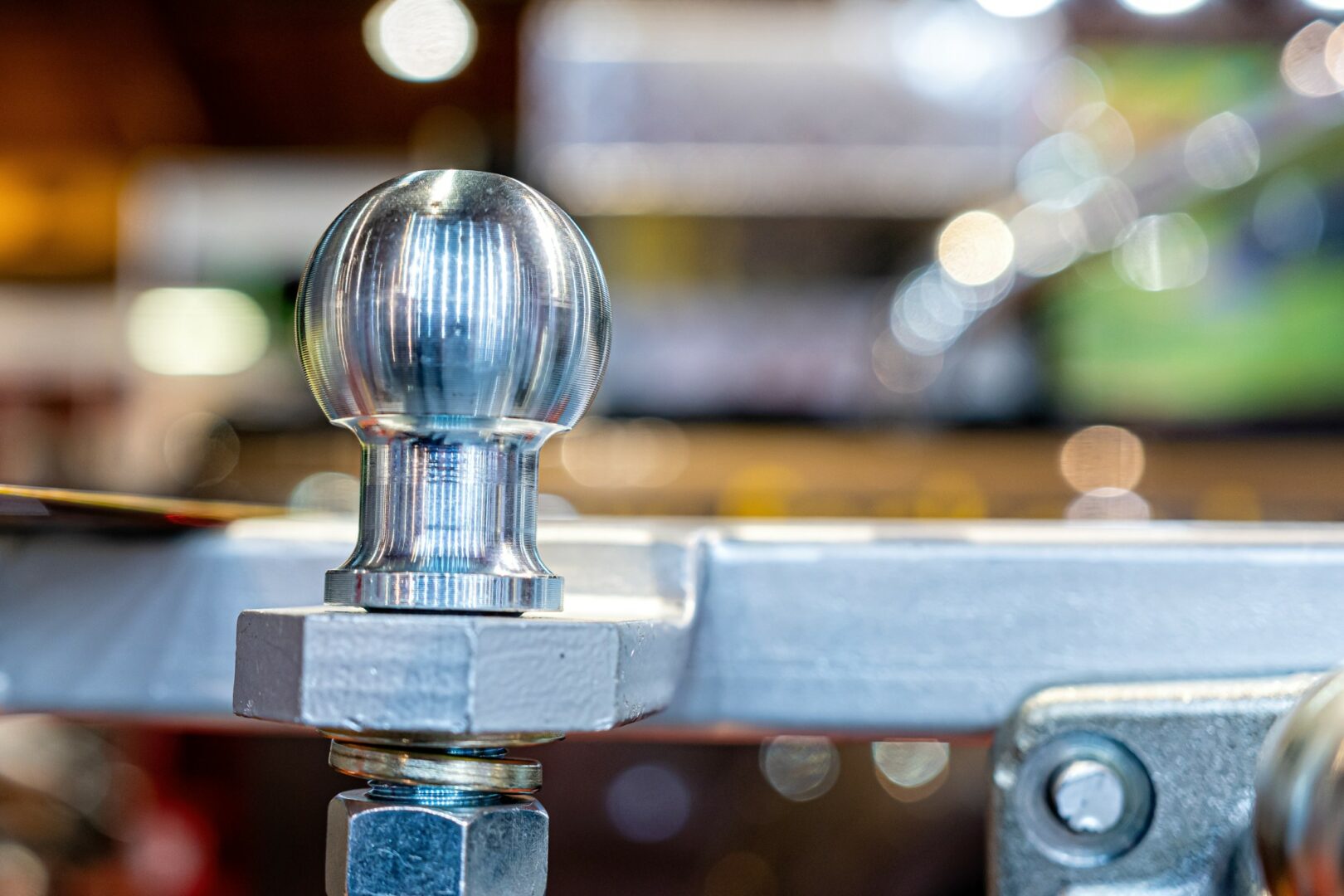
- Regular maintenance: Keep your aluminum hitch clean by using gentle soap and water to wash away dirt, grime, and road salt. Don’t use rough materials that might damage its surface.
- Lubrication: Apply a light coating of silicone-based lubricant to the moving parts of the hitch, such as the ball and locking mechanism. This prevents friction and ensures smooth operation.
- Storage: When not in use, store your aluminum hitch in a dry, covered area to protect it from the elements.
Pros and Cons of Aluminum Hitch
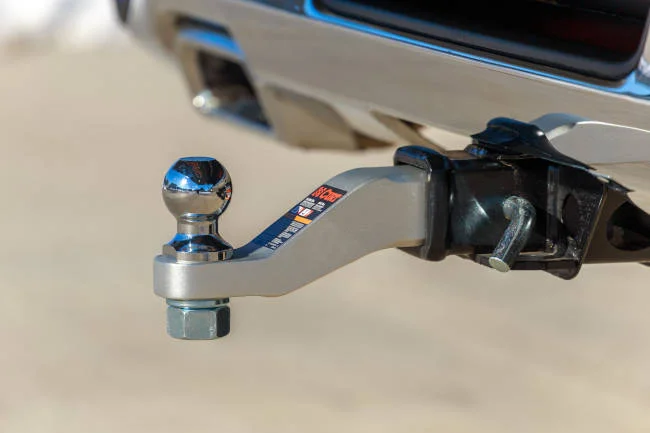
Pros of Aluminum Hitch
- Lightweight: Aluminum hitches weigh much less than steel ones. This lighter weight helps your vehicle use less fuel and puts less stress on it.
- Corrosion Resistance: Aluminum doesn’t easily rust, which makes it a great pick for people living near the sea or dealing with lots of moisture.
Cons Of Aluminum Hitch
- Cost: Aluminum hitches usually cost more than steel hitches, which could be a downside if you’re on a tight budget.
- Durability: Although aluminum resists rust, it’s usually not as strong as steel. So, if you need to tow really heavy stuff, aluminum hitches might not be the best choice.
What is Steel Hitch?
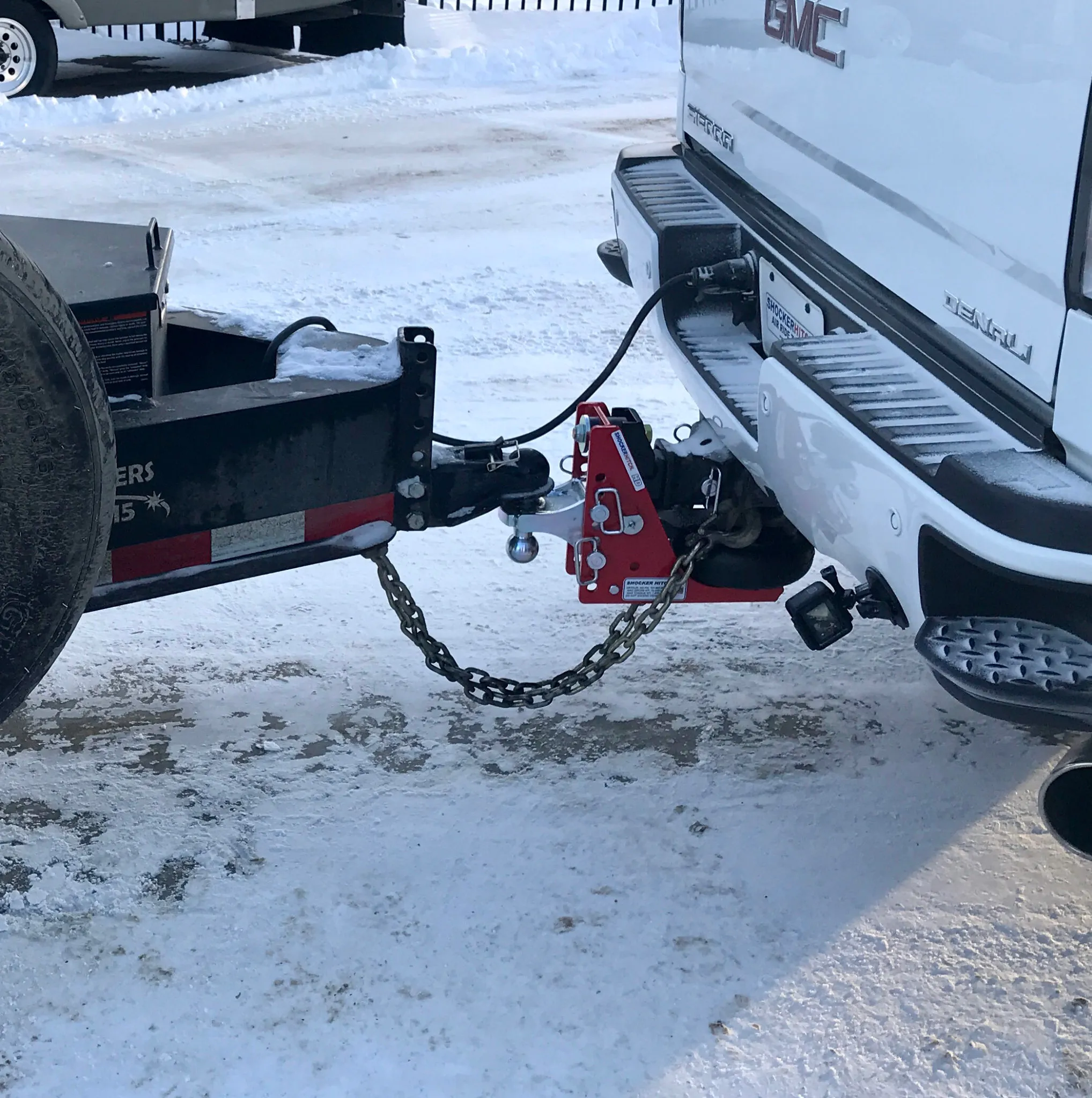
A steel hitch is a tough hitch made mainly from steel. These hitches are strong and long-lasting, so people often use them for heavy-duty towing. They can carry heavy loads and don’t easily get damaged. Even when under a lot of pressure, they don’t warp. Another great thing about steel hitches is that they can handle rough weather without rusting, even in extreme heat or wet conditions.
How to Maintain Steel Hitch?
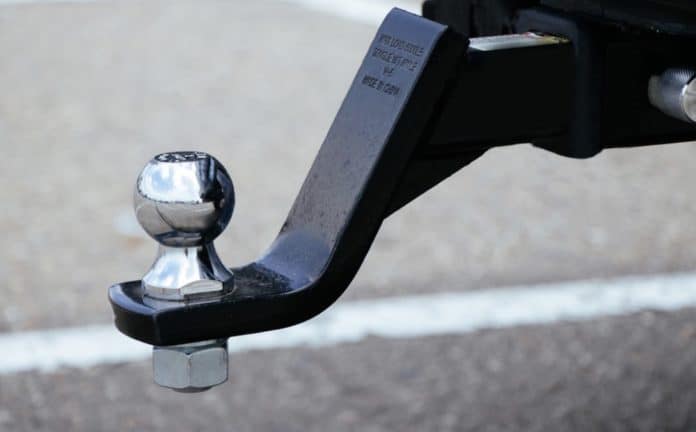
Taking care of your steel hitch is really important to make sure it lasts a long time and keeps your towing safe. So, here are some easy tips to help you maintain your steel hitch properly:
- Regularly check the hitch for signs of rust or corrosion. If any are found, clean the affected areas and apply a rust-resistant coating.
- Keep the hitch lubricated, especially the moving parts like the ball mount and locking mechanisms, to prevent friction and wear.
- Ensure that all bolts are tightened to the manufacturer’s specifications.
Pros and Cons of Steel Hitch
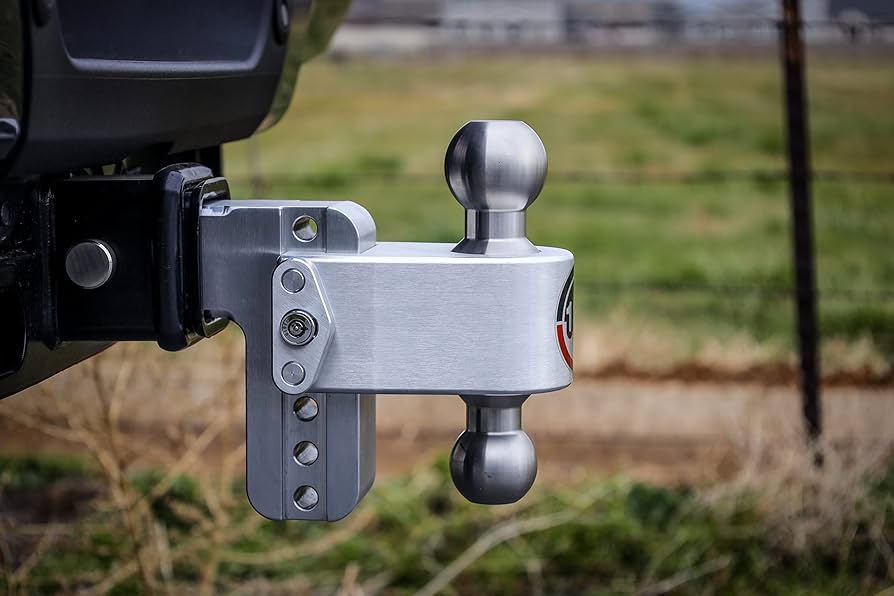
Pros of Steel Hitch
- Strength and Durability: Steel hitches are renowned for their robustness. They can withstand heavy loads and harsh conditions, making them an excellent choice for heavy-duty towing.
- Affordability: Steel hitches are typically more budget-friendly than their aluminum counterparts. If you’re looking for an economical option, steel is a solid choice.
Cons of Steel Hitch
- Weight: Steel hitches are heavier than aluminum ones. This added weight can affect your vehicle’s fuel efficiency and towing capacity. If you’re concerned about weight, you might want to consider aluminum.
- Maintenance: While they are rust-resistant, steel hitches may still require more maintenance than aluminum. Regular inspections and upkeep are important to prevent rust and ensure longevity.
Which is Better: Steel or Aluminum Hitch?
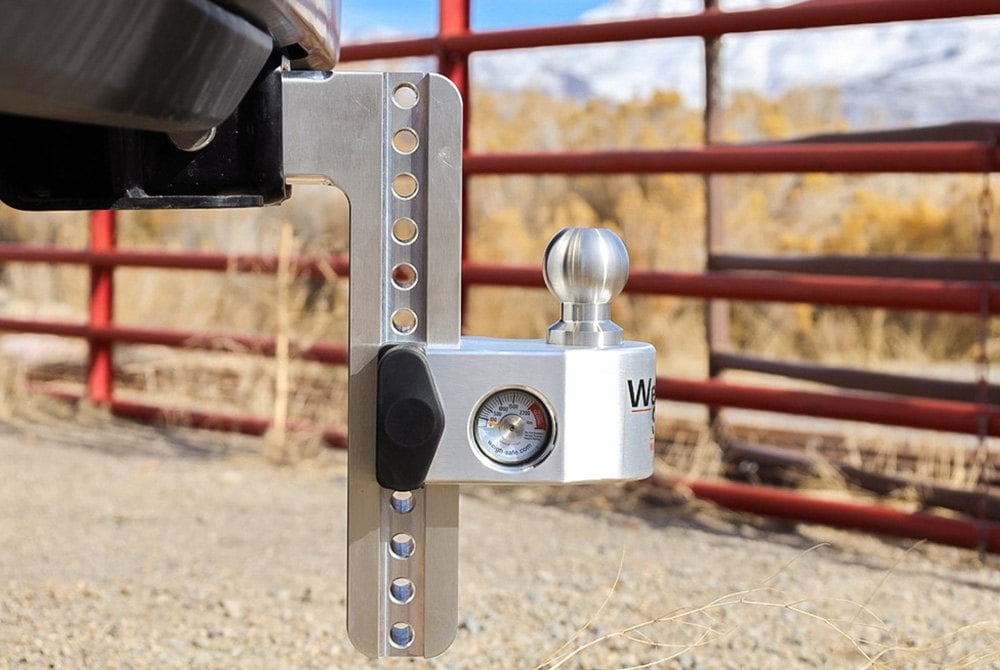
The decision of whether to pick a steel or aluminum hitch depends on what you need the most. Steel hitches are best when you’re towing really heavy stuff and want something tough and budget-friendly. They’re the top choice for pros who tow heavy loads often. On the flip side, aluminum hitches are great if you care about keeping things light, not getting rusty, and having a nice look. They work well for everyday towing and fun trips.
Conclusion
When choosing between a steel or aluminum hitch, your decision boils down to what you need and like. If you want something tough and long-lasting, go for steel hitches. They handle heavy stuff and rough conditions well, but they’re heavier themselves, which can affect your vehicle’s gas mileage. If you’re towing lighter loads and want something lightweight and rust-resistant, pick aluminum.
But if you need maximum strength and don’t mind a bit more weight, choose steel. Always remember that safety should be your top concern when towing, so follow proper hitching and towing procedures, no matter the material you select.

